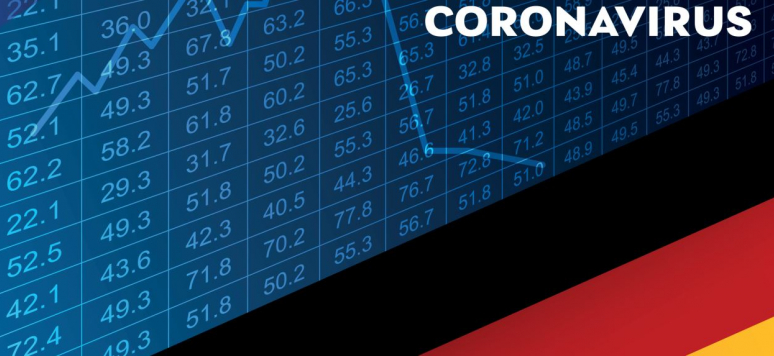Notes du Cerfa - German Economic Policy during the Corona-crisis. How Germany Intends to Support its Economy Notes du Cerfa, No. 154, Ifri, October 2020

Compared with other European countries, Germany’s management of the COVID-19 crisis has been efficient. Its health system has successfully coped with the challenge of the fight against the pandemic, the impact on employees has been mitigated thanks to allowances dedicated to furlough leave, business aids were important and quickly available, the government has been responsive.
The national recovery plan is characterized by the financial resources mobilized, reaching 1,200 billion euros, and by its pragmatism. Germany is in fact abandoning its "black zero" policy, i.e. a balanced budget without debt, implemented since the last financial crisis. Certain aspects of the initial management of the coronavirus crisis, such as the ban on export of medical equipment to EU member states, or the closure of borders to neighboring countries, somehow blur the global picture. Anyway, the German government decided to financially support the European Union (EU) in the fight against the crisis. The economic recovery plan, amounting to 750 billion euros, offers a unique opportunity to improve the competitiveness of the European economy. Based on a Franco-German initiative, this recovery plan is also an important step forward for the European project.
Sandra Parthie has been the head of the Brussels Office of the German Economic Institute (Institut der deutschen Wirtschaft – IW).
This publication is available the following languages:
- FRENCH: La politique économique allemande face à la crise du COVID-19. Comment l’Allemagne soutient son économie [1].
- GERMAN: Deutsche Wirtschaftspolitik in der Corona-Krise: Wie Deutschland seine Wirtschaft zu schützen versucht [2].
